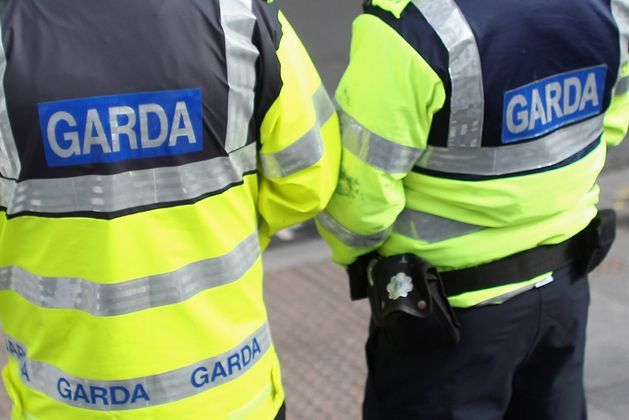They show that in the second quarter of this year, average weekly earnings were €963.17, up from €911.74 in the same period last year, an increase of 5.6pc.
Average hourly earnings were up by a similar amount, rising to €29.71 in the second quarter, up from €28.19 last year, or 5.4pc. The highest average was found in the information and communication sector, at €59.64, while the lowest continues to be in accommodation and food services, at €18.76.
Louise Egan, a statistician with the CSO, said: “Average weekly earnings rose across all 13 sectors in the year to Q2. The largest annual percentage increase was 11.8pc in the construction sector, rising from €900.39 to €1,006.22.
“Over the five years from Q2 2019 to Q2 2024, average hourly earnings went up by 25.4pc from €23.69 to €29.71.”
Real earnings, when inflation is deducted from the nominal pay increases, are also growing. The Consumer Price Index, the official measure of inflation used by the CSO, rose by 2.2pc in the year to July. This means real earnings could increase by up to 2.5pc this year.
Last March, the Economic and Social Research Institute (ESRI) predicted that Irish workers could look forward to a 2pc increase in real wages in 2024, the first annual rise since 2021.
As inflation continued to ease, in its summer quarterly economic commentary the ESRI forecast that workers’ earnings would rise by 2.2pc in real terms this year. A further 3.1pc increase is being forecast for next year.
The rise in wages is an important consideration for Finance Minister Jack Chambers as he prepares his first Budget, since it will push many workers into higher tax bands. He has promised that adjustments will be made to reflect that.
The job vacancy rate at the end of the second quarter stood at just 1.1pc, down from the 1.3pc recorded at the same time last year. The highest rate of vacancies was in the professional, scientific and technical sector, at 2.2pc.
Overall there were 26,400 job vacancies at the end of June, which was 2,000 fewer than at the same point last year.
Average weekly earnings increased by 4.9pc across the public sector in the year to Q2, the CSO data also shows, rising from €1,105.67 to €1,159.97.
The recent Public Sector Pay Agreement agreed by the Government included a 2.25pc annual salary increase for officials, which was backdated to January 1. This means payments to public servants in the second quarter included some backdated pay.
Within the public service, gardai had both the highest average weekly earnings, at €1,782.49, and the highest average weekly paid hours, 43.2, in the second quarter of this year.
Wage costs across the eurozone are being closely watched by the European Central Bank as it ponders another cut to interest rates. Negotiated wage growth slowed in the last quarter, the latest ECB data shows, bolstering the case for another cut in September.
Growth in pay negotiated by employers and workers slowed to 3.55pc in Q2, down from 4.74pc in the first quarter, mainly due to a slowdown in Germany, the biggest economy in the eurozone.
Markets seem convinced that the ECB will cut rates next month, perhaps by 50 basis points. There are some predictions that, by the end of the year, the ECB’s deposit rate could be down to 3pc from its current 3.75pc.

